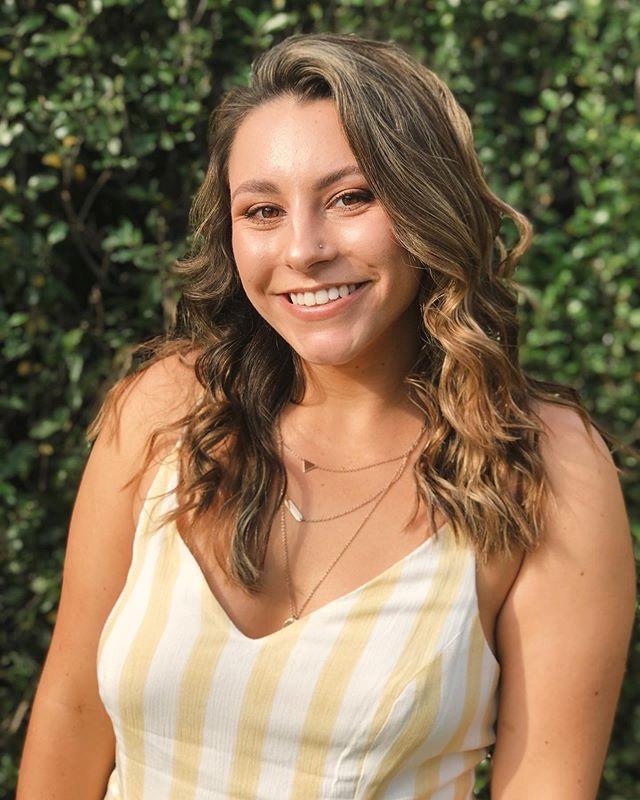
Making a difference in children's lives
Psychology major Alex Hagerty ’20 provided an engaging, fun, and educational experience to homeless children through the REAL program.
By Ally O’Connor ’20
Following her passion, Alex Hagerty ’20 (Psychology) spent the summer of 2019 helping those in need. Supported by the REAL Program, Hagerty worked as a Program Lead at LifeMoves, a Bay Area nonprofit that provides interim housing and supportive services to homeless families working towards stable housing and long-term self-sufficiency. Throughout her experience, she was responsible for planning and overseeing the ACES Summer Adventure Program, which provides children experiencing homelessness with a fun, engaging, and educational summer camp opportunity.
“I became interested in an internship at LifeMoves because I value their commitment to helping people in need,” Hagerty says. “I believe that empathy is the essential first step to connecting with the community and providing opportunities for learning, stability, and growth.”
Hagerty had previously experienced this type of work while volunteering with Estrella Family Services as part of an Experiential Learning for Social Justice course. There, she engaged directly with kids from a diverse range of socioeconomic backgrounds and worked with them on trauma informed behavioral management. Interestingly enough, she shares that “I had even met some of the kids at the LifeMoves camp previously while volunteering at the [Estrella Family Services] after school program, so it was great to be able to continue those relationships.”
In her role as a Program Lead with LiveMoves, Hagerty was tasked with building a “safe, engaging, and trauma-informed learning environment for homeless children.” Working in coordination with two other Program Leads, a Nutrition Intern, and an MSW Student Behavior Specialist Intern, she managed a revolving staff of 5-15 high school-aged volunteer camp counselors.
When asked about her day to day schedule, Hagerty says that “we tried to make each day exciting and different for the kids by planning fun activities focused on STEAM (Science, Technology, Engineering, Art, and Math).” With activities ranging from sand art and making slime, to park play and dodgeball, to interactive board games, computer games, puzzles, and riddles, Hagerty notes that when working with kids, you have to be very flexible to the children’s’ and families’ needs, especially with a population like the homeless. In order to provide a range of experiences and educational opportunities for the kids, they often brought in outside organizations to run activities focused on different elements of STEAM, and took the children on weekly field trips around the Bay Area, visiting places such as the San Francisco Zoo, the Exploratorium, The California Academy of Sciences, Vasona Park, and the Sharks Ice skating rink. “Every day was something new at camp, and that’s what made it so exciting to work there!” she says.
As a student studying psychology at Santa Clara, Hagerty is able to learn about how people think, behave, and are affected by the world. In a classroom setting, however, that isn’t something she often gets to see first hand. This internship changed that. As someone looking to become a school counselor, working at LifeMoves solidified Hagerty’s interest in pursuing a career working with children. “[It was] very special to me. I got to shape the environment of these kids and give them a great summer experience while they are experiencing a hardship.”
About the REAL Program
The College of Arts and Sciences developed the REAL Program to allow students to discover their interests, gain a rich understanding of a particular field, discern their career goals, and explore future employment fields. We believe financial means should not determine whether or not a student can participate in internships, research, projects or creative works opportunities. Committed to providing paid experiential learning opportunities for students, the REAL Program provides stipends up to $5,000 for undergraduate opportunities lasting up to 10 weeks over the summer. Since inception, the program has distributed nearly $1.3 million to more than 300 students.